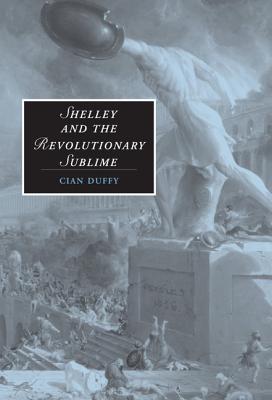
Romantic Poets and the Culture of Posterity
1999
First Published
3.86
Average Rating
288
Number of Pages
Part of Series
This 1999 book examines the way in which the Romantic period's culture of posterity inaugurates a tradition of writing which demands that the poet should write for an audience of the the true poet, a figure of neglected genius, can be properly appreciated only after death. Andrew Bennett argues that this involves a radical shift in the conceptualization of the poet and poetic reception, with wide-ranging implications for the poetry and poetics of the Romantic period. He surveys the contexts for this transformation of the relationship between poet and audience, engaging with issues such as the commercialization of poetry, the gendering of the canon, and the construction of poetic identity. Bennett goes on to discuss the strangely compelling effects which this reception theory produces in the work of Wordsworth, Coleridge, Keats, Shelley and Byron, who have come to embody, for posterity, the figure of the Romantic poet.
Avg Rating
3.86
Number of Ratings
7
5 STARS
14%
4 STARS
57%
3 STARS
29%
2 STARS
0%
1 STARS
0%
goodreads


